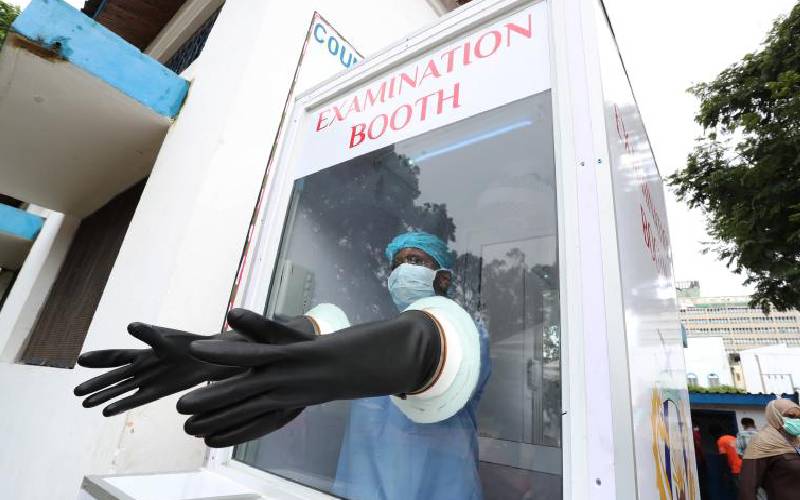
Yesterday, nurses all over the world were supposed to be celebrating International Nurses Day. However, because of the prevailing circumstances, the nurses were likely shuffling in and out of wards, preparing to spend days and nights in critical care units, spending time in labs or nursing homes or within communities taking care of patients at the grassroots. As nurses mark this day, some may not even have time to take a break and enjoy the day with their peers and colleagues.
Nonetheless, this does not diminish the importance of this day to the nursing community. According to the World Health Organization’s (WHO) State of the World’s Nursing report released this year, nurses are the largest occupational group in the health sector, accounting for 59 per cent of the health profession. This is part of the reason why WHO declared 2020 the “Year of the Nurse and Midwife”, to acknowledge the crucial role that nurses play in healthcare systems.